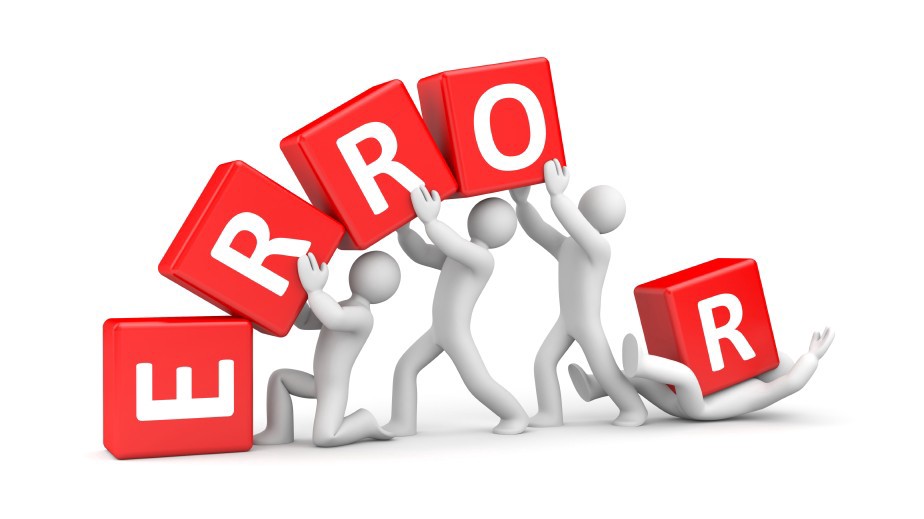Error Handling
Depending on the problem we are trying to solve, a large part of our code can be related to error handling. If the error handling code obscures logic, it's wrong. So let's explore some of the ways we can keep our error handling clean.

Use Exception instead of Return Codes
Exception handling with try-catch-finally block is much cleaner than series of nested if-else statements handling error codes.
Write your try-catch-finally block first
By writing your try-catch-finally block first you help define what the user of that code should expect, no matter what goes wrong with the code that is executed in the try.
Provide context with exceptions
Create informative error messages and pass them along with your exceptions. Mention the operation that failed and the type of failure.
Don't return Null
Avoid returning null as this will minimize if statements in the users code, and will prevent null pointer exceptions.
Don't pass Null
In most programming languages there is no good way to deal with a null that is passed by a caller accidentally. Because this is the case, the rational approach is to forbid passing null by default.
Don't ignore the exception
Exceptions exist for a reason and therefore should always be handled.
Bad:
try {
functionThatMightThrow();
} catch (error) {
console.log(error);
}
Good:
try {
functionThatMightThrow();
} catch (error) {
// One option (more noisy than console.log):
console.error(error);
// Another option:
notifyUserOfError(error);
// Another option:
reportErrorToService(error);
// OR do all three!
}